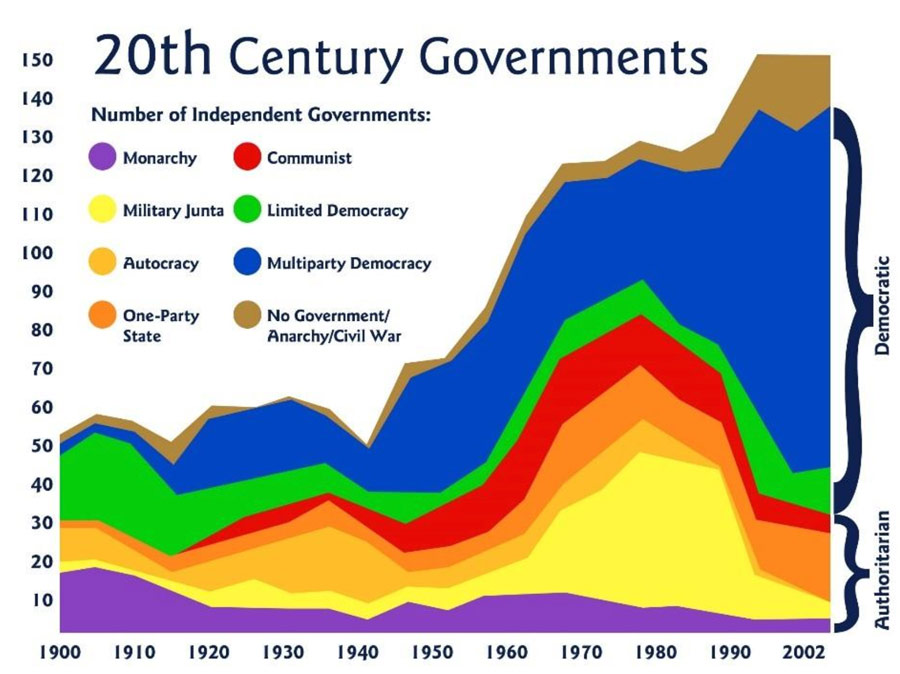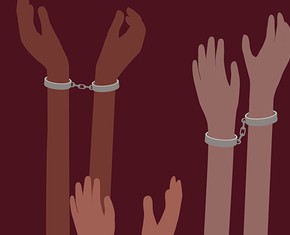The views expressed in our content reflect individual perspectives and do not represent the authoritative views of the Baha'i Faith.
In his final speech in North America in 1912, Abdu’l-Baha emphatically challenged all humanity to evaluate, for themselves, whether they heeded God’s teachings:
Consider how the Prophets Who have been sent, the great souls who have appeared and the sages who have arisen in the world have exhorted mankind to unity and love. This has been the essence of their mission and teaching. This has been the goal of their guidance and message. The Prophets, saints, seers and philosophers have sacrificed their lives in order to establish these principles and teachings amongst men. Consider the heedlessness of the world, for notwithstanding the efforts and sufferings of the Prophets of God, the nations and peoples are still engaged in hostility and fighting. Notwithstanding the heavenly commandments to love one another, they are still shedding each other’s blood. How heedless and ignorant are the people of the world! How gross the darkness which envelops them! Although they are the children of a compassionate God, they continue to live and act in opposition to His will and good pleasure. God is loving and kind to all men, and yet they show the utmost enmity and hatred toward each other. God is the Giver of life to them, and yet they constantly seek to destroy life. God blesses and protects their homes; they rage, sack and destroy each other’s homes. Consider their ignorance and heedlessness! – Abdu’l-Baha, The Promulgation of Universal Peace, pp. 469-470.
How do we develop compassion and intelligence rather than ignorance? How do we become heedful and not heedless? In the same talk, Abdul-Baha told us how:
The earth is one native land, one home; and all mankind are the children of one Father. God has created them, and they are the recipients of His compassion. Therefore, if anyone offends another, he offends God. It is the wish of our heavenly Father that every heart should rejoice and be filled with happiness, that we should live together in felicity and joy. The obstacle to human happiness is racial or religious prejudice, the competitive struggle for existence and inhumanity toward each other. …
You must be free from prejudice and fanaticism, beholding no differences between the races and religions. You must look to God, for He is the real Shepherd, and all humanity are His sheep. He loves them and loves them equally. As this is true, should the sheep quarrel among themselves? They should manifest gratitude and thankfulness to God, and the best way to thank God is to love one another.
Beware lest ye offend any heart, lest ye speak against anyone in his absence, lest ye estrange yourselves from the servants of God. You must consider all His servants as your own family and relations. Direct your whole effort toward the happiness of those who are despondent, bestow food upon the hungry, clothe the needy, and glorify the humble. Be a helper to every helpless one, and manifest kindness to your fellow creatures in order that ye may attain the good pleasure of God. This is conducive to the illumination of the world of humanity and eternal felicity for yourselves. I seek from God everlasting glory in your behalf; therefore, this is my prayer and exhortation. – Ibid., pp. 468-469.
“… if one offends another, he offends God.” Abdu’l-Baha used strong words to make a strong point: We must strive not to cause offense to anyone.
You might think this sounds almost impractically hard, given today’s climate of offenses, both given and taken. We all see and hear tremendous division and contention from pundits on news shows; where ideological factions fight with words and rockets against one another; where propaganda intentionally fires up the worse emotions in humans and consistently causes enmity and offense. But almost is not completely, hard is not impossible, and impractical is not un-doable. Although difficult, we do still have the means to talk civilly to one another—and we also have a rich history of diplomacy, where seemingly impossible alliances were made and wars halted.
Just as wars have ended in the past, today’s wars—both virtual and real—will not last forever if we believe and work toward peace. Time may not heal all wounds, but time can ameliorate the pain of conflict and strife. We do not have to put up with war and contention.
In our personal lives, for example, we need to simply take a step further to work effectively toward achieving peace. We need to forget and forgive, to put the past behind us, and to look to a glorious future as one human family no matter our creed or nationality. That’s difficult also—but it can be done.
We must remember that what the heedless do is only temporary. We must believe that, as proven in the past, education and truth will win out. We must believe that regardless of dictators, autocracies, oligarchies, and other forms of personal or tyrannical power, they generally give way to better government eventually. The graph below, for example, shows the recent rise of democracies over other forms of government:

(Graphic by Jesse Richards, cited in The Secret Peace)
Abdul-Baha was asked “Is it not a fact that universal peace cannot be accomplished until there is political democracy in all the countries of the world?” He answered:
It is very evident that in the future there shall be no centralization in the countries of the world, be they constitutional in government, republican or democratic in form. The United States may be held up as the example of future government—that is to say, each province will be independent in itself, but there will be federal union protecting the interests of the various independent states. … To cast aside centralization which promotes despotism is the exigency of the time. This will be productive of international peace. – The Promulgation of Universal Peace, p. 167.
We know that over-centralization of power in the hands of one or a few authoritarian individuals has been the bane of human progress. How do we avoid over-centralization? What will future governments look like? In the next essay in this series, we’ll explore those questions.
















Comments
Sign in or create an account
Continue with Googleor